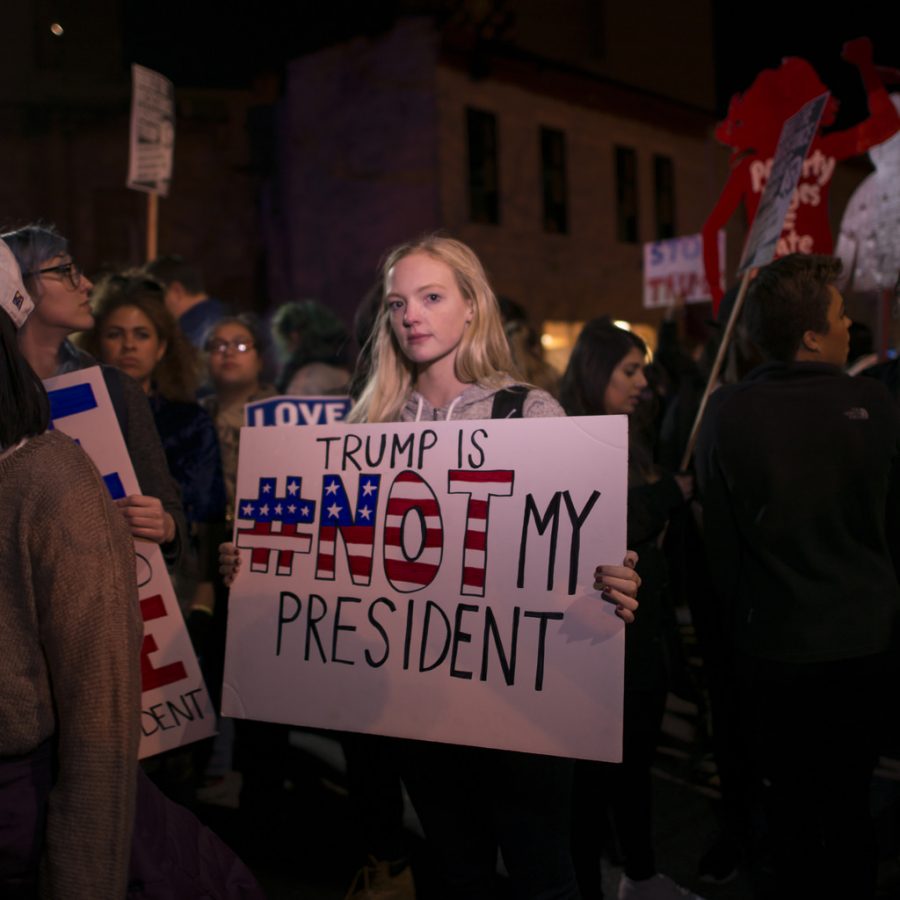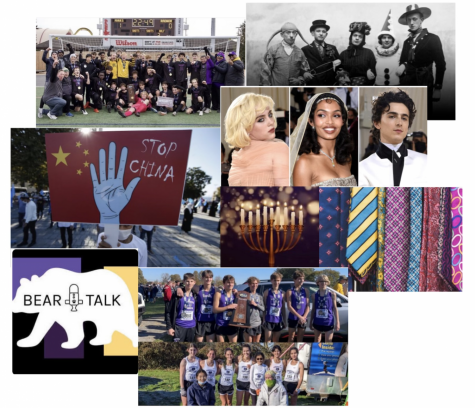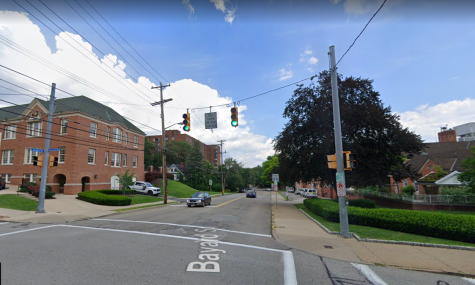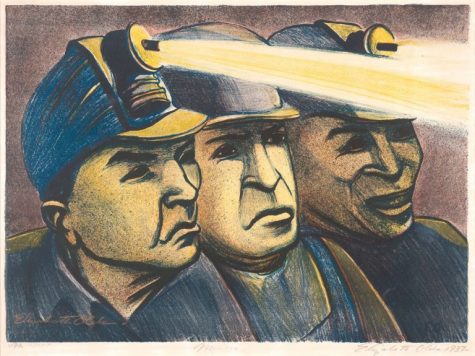Pittsburgh Enveloped in National Protest
New York, Chicago, Los Angeles, Atlanta–from coast to coast, cities throughout the nation have sounded outcries against the results of the presidential election on November 9. Thousands have come out in protest of Donald Trump’s offensive campaign rhetoric and many cite the electoral college as having produced an undemocratic result. As Trump has begun to assemble the members of his administration, more points of contention have erupted over his appointments of alt-right leader Stephen Bannon as chief advisor and other controversial figures in equally important positions.
Like in many cities, university students in Pittsburgh have taken up roles as organizers and leaders of the community. While protests began the night of the election, they’ve continued in the following weeks. They are often familiar in ideology to those in recent years which demanded increased attention to the rights of minorities, but certain chants have also developed in direct response to the election. Through marches in Oakland, East Liberty, and downtown, “No Trump, no KKK, no fascist USA” could be heard along with the familiar chants of “black lives matter.”
A few of the protests have tried to maintain a somewhat more positive message, encouraging unity and support of the rights of Americans, but most of these generally end up falling back towards the subject that brought everyone together: Donald Trump. However, what makes these protests unique in comparison to past movements are the wide range of topics which are discussed. Everything from the Dakota Access Pipeline to LGBT+ rights find support among the crowds, with fear for the future as a general uniting factor.
Due to the controversial nature of the presidential campaign and social movements, many feel personally offended by the protests. For example, many police officers, who felt alienated by the increased attention to police violence during the Black Lives Matter movement, see the protests as unfair. It’s no surprise that throughout the country, protesters have often been met with strict police reactions. The University of Pittsburgh recently witnessed the arrests of multiple students who concluded their march in the lobby of the Litchfield Towers. Along with the arrests, numerous protesters were physically removed from the lobby in a violent fashion, forcing the school to make an official statement regarding the event. While the level of protest in this election is unprecedented for recent American history and represents a time of harsh division, such an active interest in politics among the youth of America should truly be an encouraging sight for those interested in the the protection of the right to free assembly.







